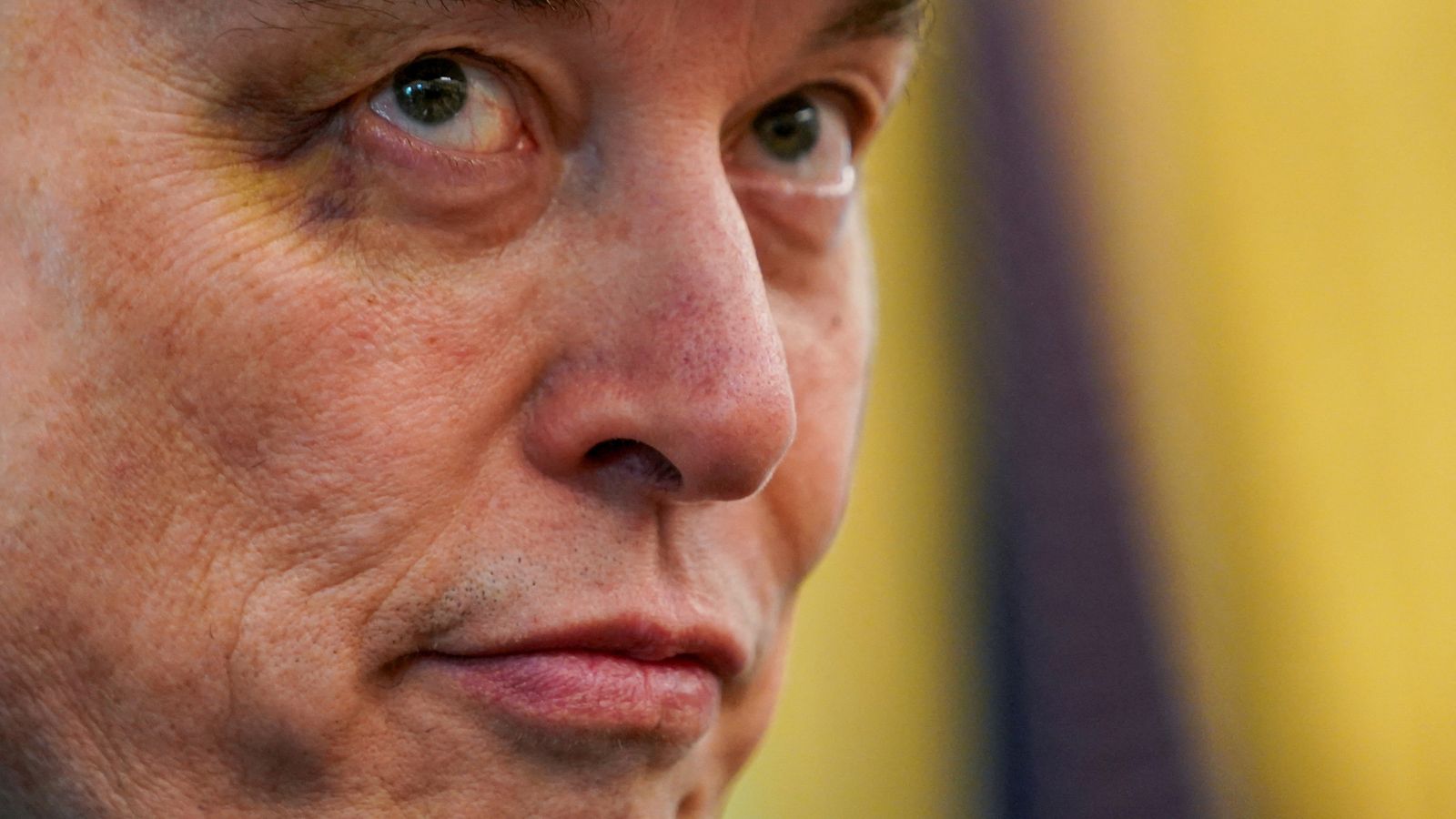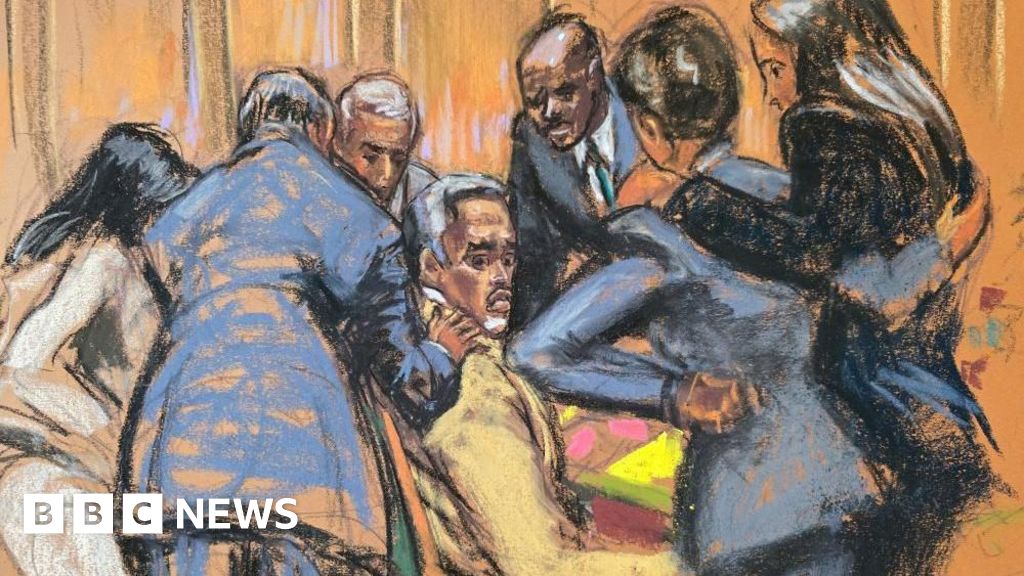Creative Australia chief executive Adrian Collette is facing mounting pressure to resign after the body’s decision to reinstate Khaled Sabsabi as Australia’s 2026 Venice Biennale representative.
Senior arts figures have also criticised the Creative Australia board, as a former chair of the selection panel for the biennale said the board and Collette did not “understand or at least trust the power and complexity of the visual arts”.
An external report, released on Wednesday, recommended a review into Creative Australia’s governance processes, better training for future board members, and the urgent appointment of a board member with deep visual arts expertise, after the protest resignation of artist Lindy Lee shortly after the board voted to withdraw the Sabsabi commission in February.
But Max Bourke, general manager of the Australia Council from 1987 to 1994, said he was “appalled” by Creative Australia’s handling of the controversy and called for Collette’s resignation. A former arts adviser to the federal government also told Guardian Australia that the CEO should step down.
Callum Morton, professor of fine art at Monash University who chaired the selection panel for the 2017 biennale, said he did not believe the current selection process – where the chief executive, informed by a panel of experts, makes the final decision – was flawed.
It was a process that delivered last year’s Archie Moore exhibition at Venice, which won the Golden Lion, he pointed out.
But Morton added that a series of “kneejerk reactions that caved into baseless scaremongering” on the part of the executive and board ultimately betrayed the artist.
“It speaks to a CEO and board who frankly didn’t seem to understand or at least trust the power and complexity of the visual arts,” Morton said.
“I think the conversation should be less about the process and more about how we choose board members, so that the right industry experts are given proper place and a voice to advise on these matters.
“This will help boards avoid these self-inflicted crises that hurt artists and arts workers and embarrass our reputation nationally and internationally.”
The Blackhall & Pearl report also expressed surprise that Creative Australia management had not requested a contentious issue report into the selected artist, given this appeared to be standard practice in the organisation’s other grant and investment decisions.
Another senior arts figure told Guardian Australia that although a panel of experts acting in an advisory capacity recommended Sabsabi for Venice, “either way, it was Adrian Collette, the CEO of Creative Australia, who made the final decision”.
“Firstly, he’s got no visual arts expertise. Secondly, the board doesn’t seem to have been involved in the deliberations at all,” they said.
“This is the most important thing Creative Australia does – it’s the biggest decision they make. You would expect the CEO to have appropriate expertise, and the board to be fully engaged. That simply didn’t happen.”
Prof Jo Caust, a principal fellow at the University of Melbourne’s school of culture and communication, said the Blackhall & Pearl report highlighted serious problems with governance at Creative Australia.
“If you look at the current board, some are arts people, but some clearly are not,” Caust said. “You need people who understand the sector, who can stand up and be counted.”
The Blackhall & Pearl report did not identify a failure of process, governance or decision on the part of the Creative Australia board, but said that “with the benefit of hindsight there are things the Board might have done differently”.
Whether the board erred in its decision to decommission Sabsabi was an assessment outside the scope of its terms of reference, the report said, but added that it believed “the board and Creative Australia are able to learn from this exercise and be better prepared should a similar situation arise in future”.
Guardian Australia has requested comment from Collette and the acting chair of the Creative Australia board, Wesley Enoch.

 3 hours ago
2
3 hours ago
2










 English (US)
English (US)